India: Sectarian violence between Hindus and Muslims on the rise
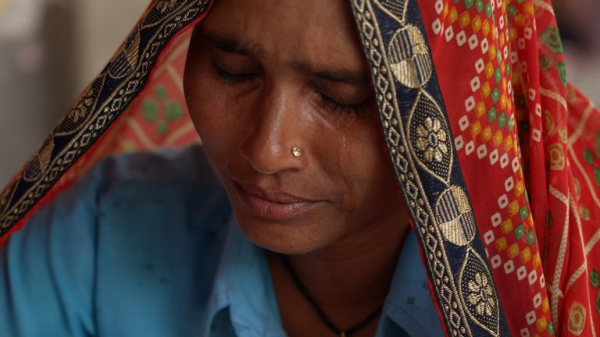
It’s dusk in Mudlada in Panipat, a city at the heart of India’s cow belt – a state at the centre of a wave of recent communal clashes in India.
Hindus consider cows to be sacred and some in Haryana are so desperate to protect them that they’re allegedly willing to kill.
At a watering hole, we meet a group of men who speak proudly about going on patrol to pull over Muslims they suspect of trying to transport and slaughter cows illegally. Violence, they say, is sometimes just necessary.
By night, we meet members of the Haryana Gau Raksha Dal, a group of so-called cow vigilantes who patrol highways trying to track down suspects.
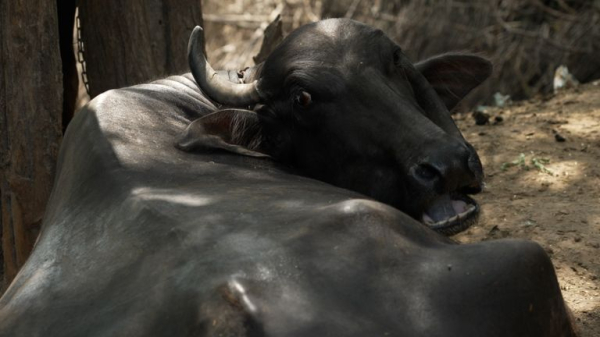
They insist their patrols are co-coordinated with the police.
“We have weapons only for self-defence and to save the cows…every Indian, it is their moral duty to save the cows from [being slaughtered],” Naryan Deswal tells me.
He claims Muslims are trying to cast them as terrorists, when he is just a student trying to do his religious duty.
Just a few hours away is Nuh, a Muslim majority district where deadly clashes took place in July.
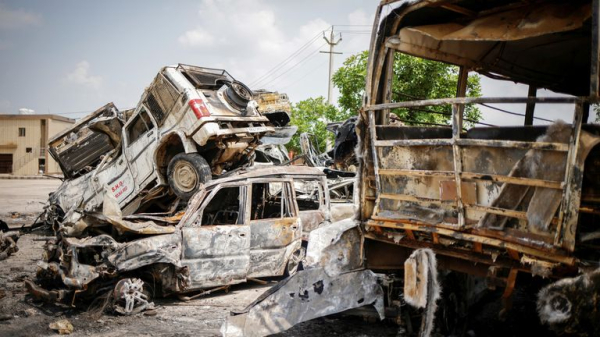
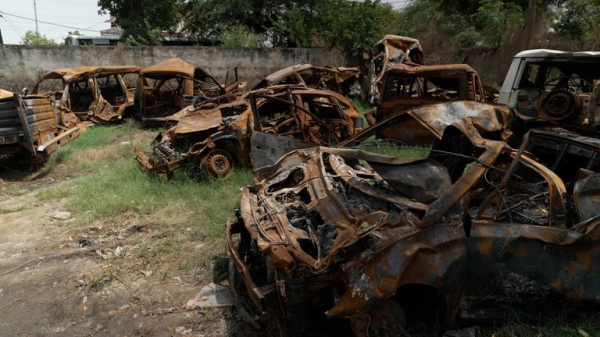
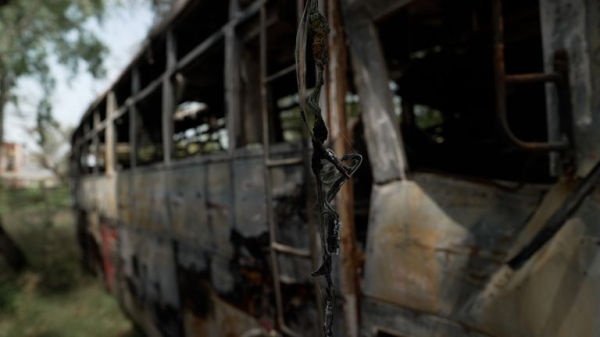
Hindu nationalists decided to run a religious parade through the area, but locals say a rumour that well-known cow vigilante Monu Manesar might be going lit the fuse.
He’s been accused of the involvement in the murder of two Muslim men, which he strongly denies. In Nuh, Muslims threw stones, cars were set on fire and six people died.
Among them was Jaina Devi’s husband Shakti, who was Hindu.
She weeps in front of her house as she tells me: “Without your man, is there any life? We have four children. It’s all on me. There is no work.
“When he was here, he used to do labour and feed the children.
I ask her if she thinks it was provocative to hold a hardline Hindu nationalist march here.
“Yes, that is why the riots happened. Nothing like this has ever happened before,” she replies.
What followed though was familiar; bulldozers sent in by the BJP-ruled state to destroy Muslim-owned businesses it claimed were illegal.
A few minutes drive from Nuh is a mass of rubble with around 40 businesses destroyed.
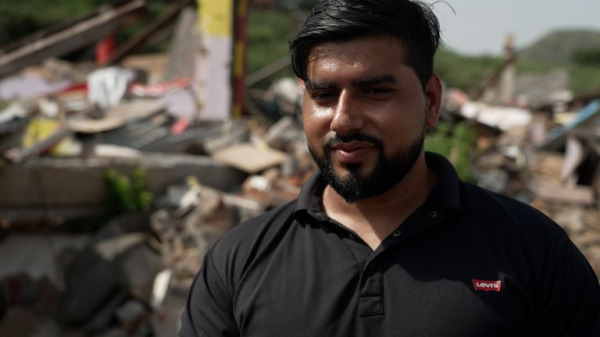
Harkesh Sharma, a Hindu shopkeeper, says most of the businesses were Muslim-owned but had Hindu tenants. He says they were given no warning and that both communities were hit hard.
Under Hindu nationalist leaders, sectarian violence has flared in India. Critics of the government say the bulldozers have become a symbol of anti-Muslim hate, a vehicle for injustice.
Outside the mosque, one Muslim worshipper tells me, Hindu nationalism is intensifying a religious divide in the country.
“They are hating other communities, so this is disturbing to any nation,” he says.
“Because if hate will be a cure, the nation will not progress.”
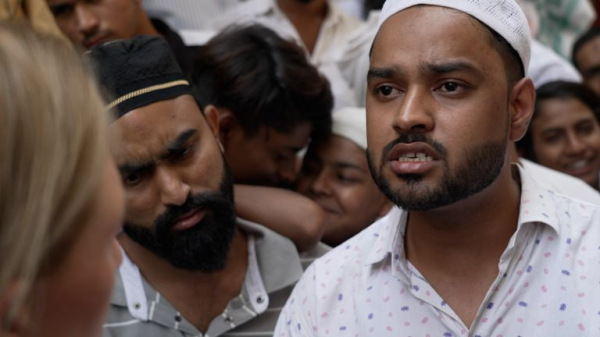
The violence in Nuh, he accepts, was in part carried out by Muslims. But he insists they were clearly provoked.
India’s prime minister, Narendra Modi, has strongly denied encouraging religious polarisation and anti-Muslim hate speech.
Recently in fact, he hailed India as the “mother of democracy”.
This week it hosts world leaders at the G20. Many members are looking to India as a powerful partner and counterbalance to China.
Modi has certainly embraced the image as a global mentor. The global demand for his leadership is a powerful force and a potentially powerful distraction from whatever is happening domestically.
